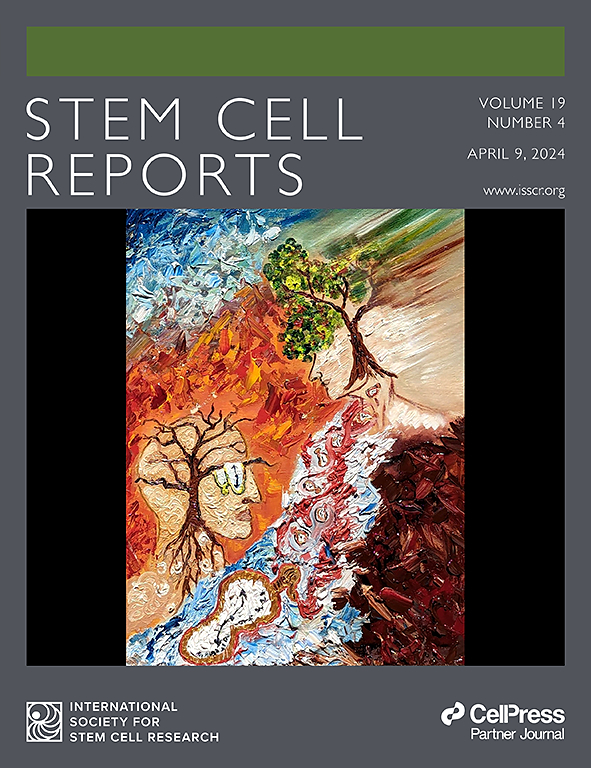超过 14 天限制的先进人类胚胎研究:穆斯林世界的生物伦理视角。
IF 5.9
2区 医学
Q1 CELL & TISSUE ENGINEERING
引用次数: 0
摘要
体外人类胚胎研究的进展促使人们重新考虑 14 天规则,突出了全球宗教观点,特别是伊斯兰教观点的融合。通过分析古典穆斯林学者的观点和现代跨学科伊斯兰生物伦理讨论,我们主张将 14 天的限制延长至至少 40 天,并附带特定条件。本文章由计算机程序翻译,如有差异,请以英文原文为准。
Advanced human embryo research beyond the 14-day limit: A bioethical perspective from the Muslim world.
Advancements in in vitro human embryo research prompt a reconsideration of the 14-day rule, highlighting the integration of global religious perspectives, particularly Islam. Through analyzing classical Muslim scholars' perspectives and modern interdisciplinary Islamic bioethical discussions, we advocate extending the 14-day limit to at least 40 days, with specified conditions.
求助全文
通过发布文献求助,成功后即可免费获取论文全文。
去求助
来源期刊

Stem Cell Reports
CELL & TISSUE ENGINEERING-CELL BIOLOGY
CiteScore
10.50
自引率
1.70%
发文量
200
审稿时长
28 weeks
期刊介绍:
Stem Cell Reports publishes high-quality, peer-reviewed research presenting conceptual or practical advances across the breadth of stem cell research and its applications to medicine. Our particular focus on shorter, single-point articles, timely publication, strong editorial decision-making and scientific input by leaders in the field and a "scoop protection" mechanism are reasons to submit your best papers.
 求助内容:
求助内容: 应助结果提醒方式:
应助结果提醒方式:


